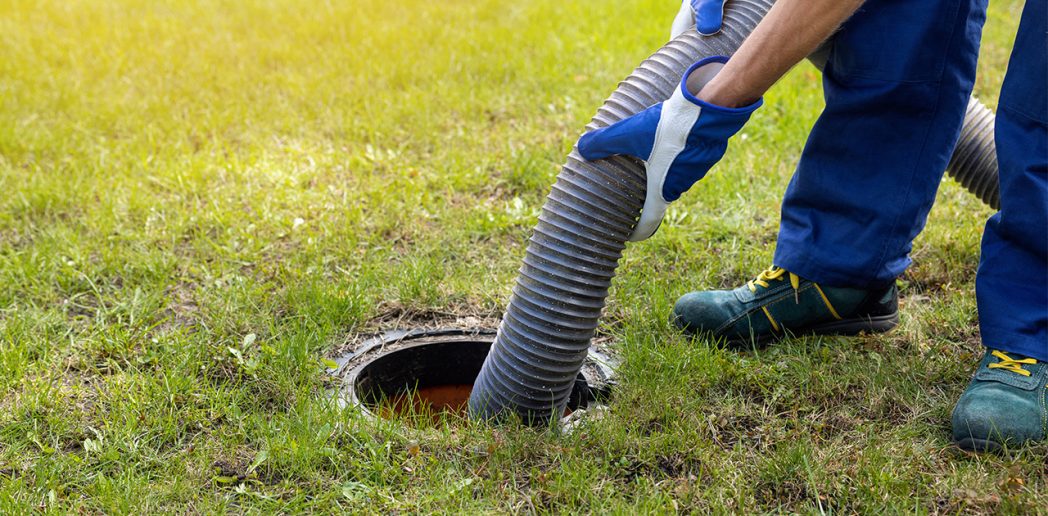AREAS of the Mornington Peninsula have been described as suffering from “third world neglect” because of their lack of reticulated sewerage.
Polluted runoff from the peninsula’s 22,000 unsewered properties poses a public health risk as well as polluting drains, creeks and groundwater.
As well as lobbying the state government and government agencies to set a timeline to fix the problem, Mornington Peninsula Shire will draw up a new wastewater management plan under the “guidance” of the Environment Protection Authority.
Towns and areas which are not sewered include Rosebud, Red Hill, Main Ridge, Arthurs Seat, Baxter, Merricks and Crib Point.
Cr David Gill told council’s Tuesday 16 May public meeting held at Balnarring Community Hall that the peninsula was “referred to” by the state government as metropolitan “but treated as rural” when it came to providing many government services.
“Reticulated sewerage is a health issue. Often septic tanks are not working properly, creating opportunities for serious illness to occur,” Gill said.
Environmental health team leader Peter O’Brien, in a report to council, said wastewater was a “significant public health and environmental issue”, particularly in peninsula towns that did not have sewerage available through South East Water or private sewer schemes.
He said the shire’s wastewater management plan was “the strategic plan to manage these risks” and included a priority list of towns and areas “that require reticulated sewerage to protect public health and the environment”.
“Development” of the next WMP would start later this year in consultation with SEW, EPA, Melbourne Water, environmental groups, the local wastewater industry and residents,” O’Brien said.
Gill said the first part of the peninsula to be sewered, Balcombe Army Camp at Mount Martha, had been “almost forced through by the American army” when its soldiers were stationed there in World War II.
Since than sewerage had been “grudgingly done” elsewhere on the peninsula.
“We are part of the metropolitan area … yet we’re treated as a developing country because [the state government] don’t pay much attention to us,” Gill said. “We have a real problem in not being treated properly … they don’t bother with us.
“They allow eight million people to visit us, but don’t give us much in terms of tourism to encourage the ability of businesses to make money and for council to have something from having to provide the infrastructure.
“People who have B and Bs and so on don’t particularly worry about if they have a septic and 30 people staying for their weekend.
“Delay after delay, year after year, decade after decade, that’s what we have in reality. This council should be saying ‘no, it’s not acceptable’. It’s a health matter.”
Cr Lisa Dixon said it was “pretty amazing that, in this day and age and having spent more than 20 years on the Western Port side of the peninsula, we don’t have sewerage.”
Cr Despi O’Connor said the three wastewater treatment plants on the peninsula could cope with being “hooked up” to the 22,000 unsewered properties to produce recycled water “which we can use, which doesn’t get pumped [into the ocean] at Gunnamatta”.
“We’re still using septic tanks in the green wedge and very vulnerable areas, like Crib Point which sits on Western Port. It’s got to be something we do something about as a council and push hard with our advocacy.”




